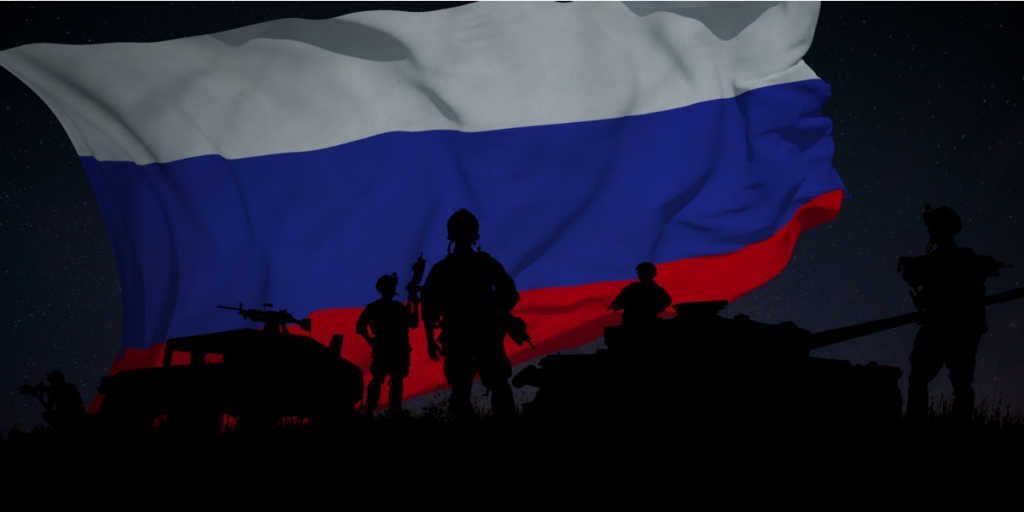This chilling detail came to light through pro-Kremlin commentator Anastasia Kashevarova, who sounded the alarm over a growing health crisis that could soon spill over into civilian life.
Others are reading now
Behind the fog of war in Ukraine, a silent epidemic is spreading through the Russian military. Soldiers suffering from HIV, hepatitis, tuberculosis, and even cancer are being grouped into separate units, reportedly marked with armbands indicating their condition.
A Grim Legacy of the Wagner Playbook
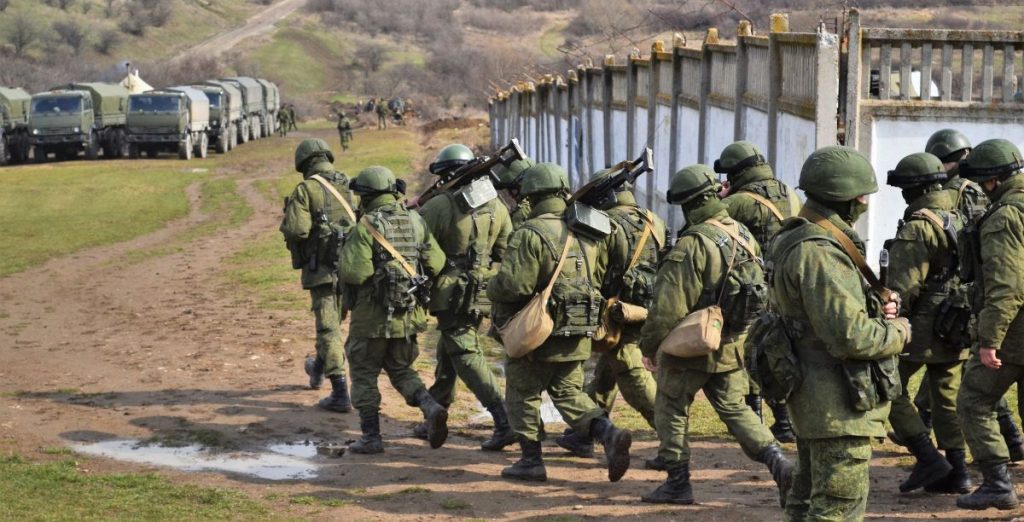
According to Kashevarova, the Russian army is copying tactics once used by the Wagner Group, Russia’s infamous mercenary force. Sick soldiers, many of whom falsified medical documents to enlist, are being placed in special units for those deemed “fit for limited duty.”
These troops are assigned mainly to defensive positions, and concerns are rising that the army may be creating breeding grounds for infection on a massive scale.
Frontline Medicine in Freefall

Russia’s military hospitals are in crisis. Essential medications are running out, sterile syringes are in short supply, and infection control is nearly nonexistent. Soldiers often hide their conditions to secure enlistment bonuses, while diseases spread unchecked through trenches and field hospitals.
Even when diagnoses are made, soldiers are rarely removed from duty, with only the gravely ill given a chance at demobilisation.
Also read
Desperation Over Patriotism
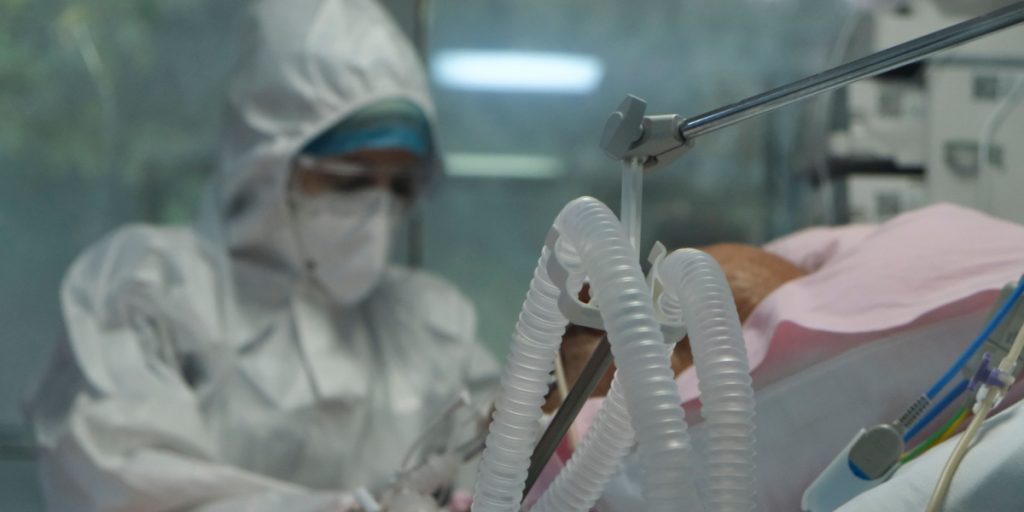
Military doctor Yevgeny Rybakov says today’s Russian army looks very different from a professional fighting force. Many troops are ex-convicts, drug users, or men recruited from impoverished, war-torn areas like Donetsk and Luhansk.
Their enlistment is rarely about patriotism, most are trying to escape debt, jail time, or poverty. Public health in these regions has been broken for years, creating ideal conditions for disease to flourish.
Life in the Trenches: A Perfect Storm for Infection
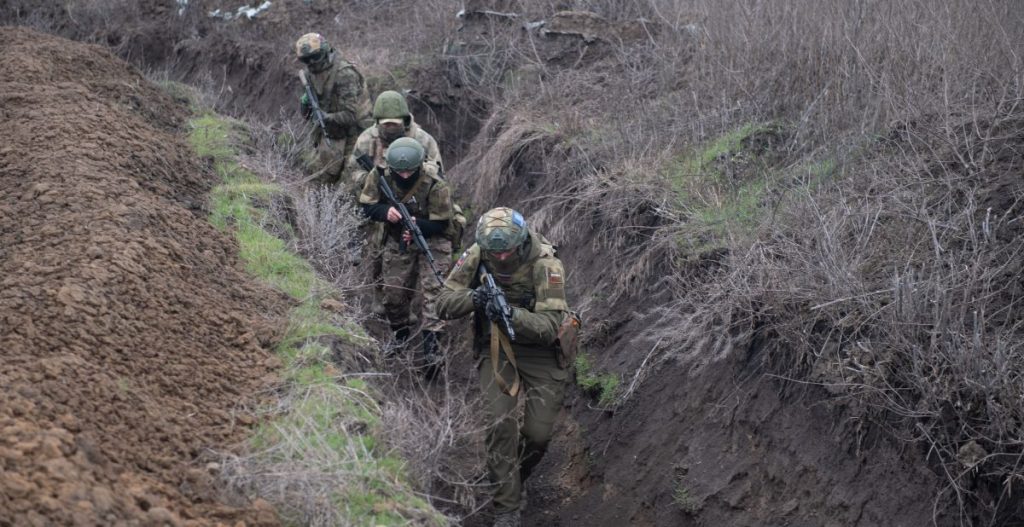
Cramped bunkers, poor sanitation, and freezing winters have created what Rybakov calls an “epidemiological time bomb.” Tuberculosis is widespread, while hepatitis and HIV infections spread rapidly due to poor hygiene and reused medical equipment.
Drug use and alcoholism are rampant among soldiers, driven by trauma and lack of mental health support. Frontline conditions, he warns, are ripe for disaster.
“Fit for Service”—Even When Critically Ill

The case of platoon commander Alexander Kuznetsov highlights just how far the military will go to keep sick soldiers on duty. Despite suffering from hepatitis C and a fractured eye socket, he was declared fully fit and returned to combat in Luhansk.
Also read
Court challenges made no difference. In practice, only soldiers in the late stages of chronic illness are granted demobilisation, often too late for effective treatment.
HIV Cases Surge Twentyfold

Investigative outlet Verstka revealed that registered HIV cases in the Russian army rose twentyfold by the end of 2023. The real number may be much higher.
Many HIV-positive soldiers submitted fake medical forms to join, and because testing systems have broken down under the strain of war, nearly half of all cases may be going undetected. The investigation also found widespread reuse of syringes and blood transfusions without proper screening.
A Healthcare System Buckling Under Pressure

Coordination between Russia’s Defence and Health Ministries has crumbled, especially since the partial mobilisation in 2022. Many HIV-positive troops had been registered at AIDS clinics before enlistment, but with systems in chaos, this information never reached the military.
Army hospitals are overwhelmed, under-supplied, and struggling to cope. Medical personnel describe conditions where blood is everywhere, supplies are reused, and sterility is often impossible.
Also read
‘Plague Barracks’: The Looming Risk
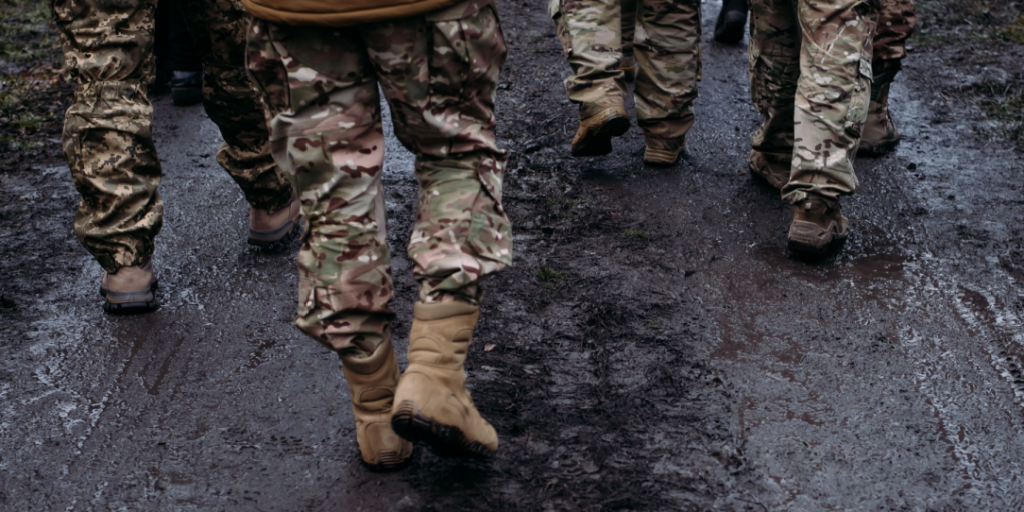
Efforts to isolate sick troops may do more harm than good. According to Rybakov, the idea of creating special units for infected soldiers is both unworkable and dangerous. In cramped quarters, diseases like tuberculosis and hepatitis can spread within days.
He warns that such units could become “plague barracks,” accelerating infections instead of containing them. Meanwhile, doctors are forced to prioritise the wounded over the chronically ill.
After the War: A New Public Health Crisis?

The final concern is chilling. Once the war ends, thousands of infected soldiers will return home, potentially triggering outbreaks across Russia.
With hospitals already under strain and public health infrastructure weakening, the country may be on the brink of a second crisis, this time, in its own cities and towns. “A severe epidemic is already raging in the army,” Rybakov says. “And peace may only make it worse.”

